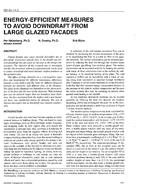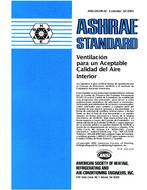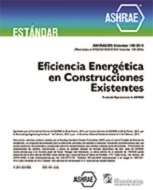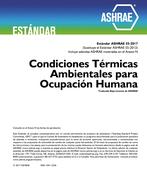Description
Notes that glazed facades may cause thermal discomfort due to downdraught. Convectors placed close to the facade can prevent downdraught but can cause an increase in energy consumption. Describes research to investigate whether the structural system of a glazed facade can be used to reduce downdraught and avoid thermal comfort problems in the occupied zone. Describes an investigation into the effect of large obstacles on a cold boundary layer flow for various temperature differences between a cold surface and the room air, different distances between the obstacles and different sizes of the obstacles. Finds that with turbulent flow and an obstacle larger than the boundary layer thickness, the flow separated from the surface and a new boundary layer was established below the obstacle. The risk of thermal discomfort due to downdraught was reduced considerably.
KEYWORDS: year 1995, Windows, walls, glazing, downdraughts, research, turbulent flow, boundary layers, air flow
Citation: Symposium, ASHRAE Trans. 1995, Vol.101, Part 2
Product Details
- Published:
- 1995
- File Size:
- 1 file , 2.3 MB
- Product Code(s):
- D-17250




